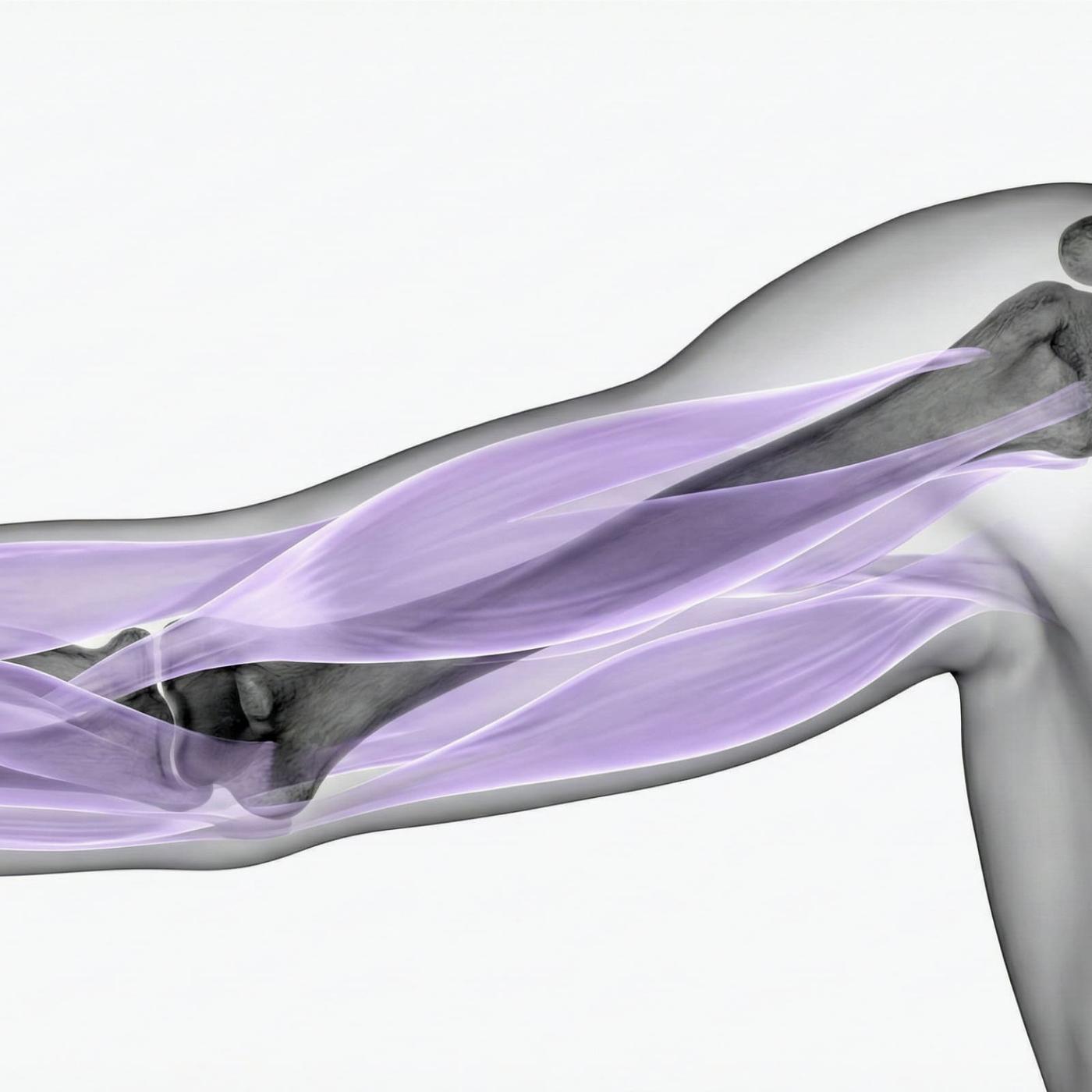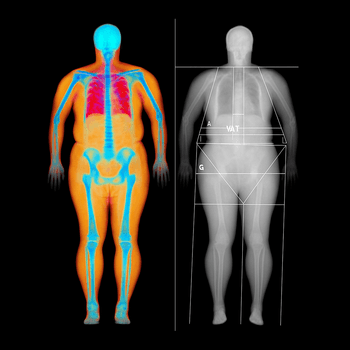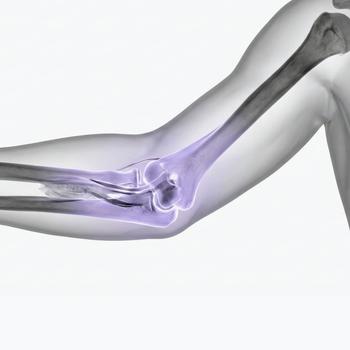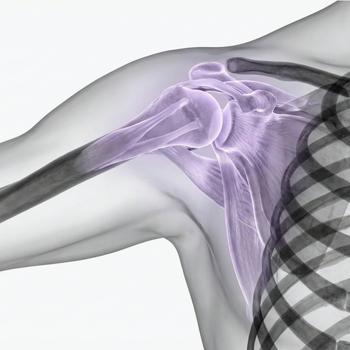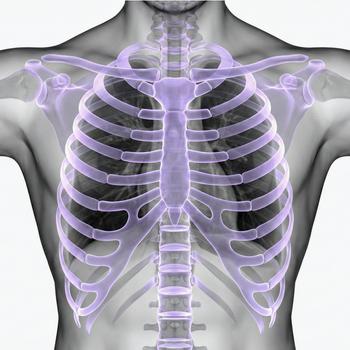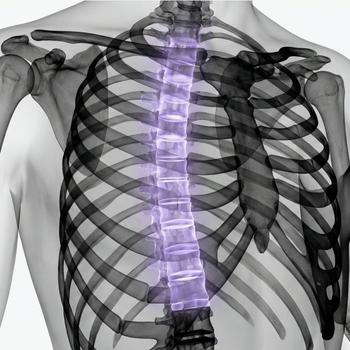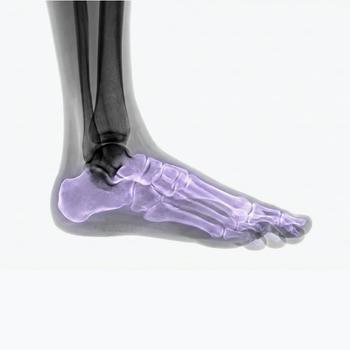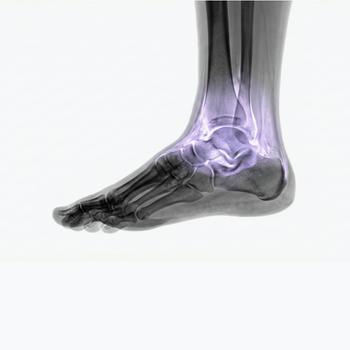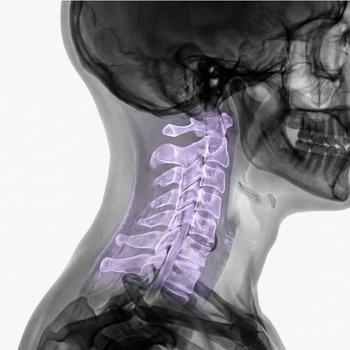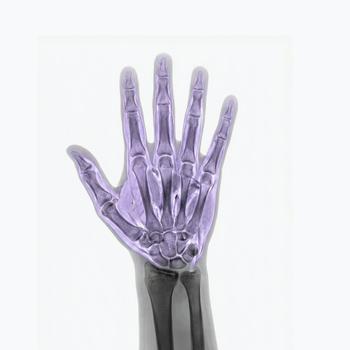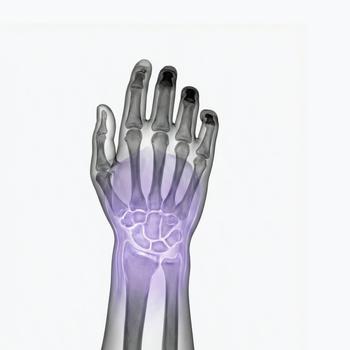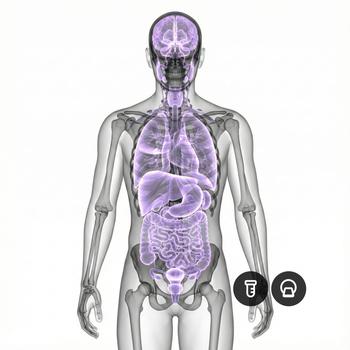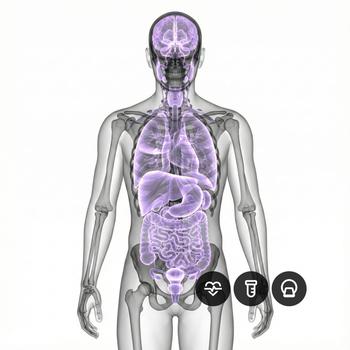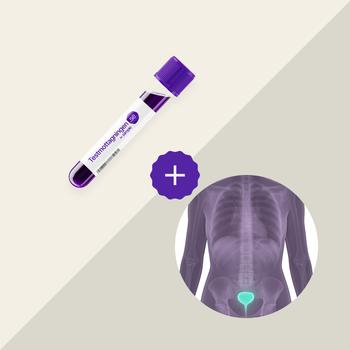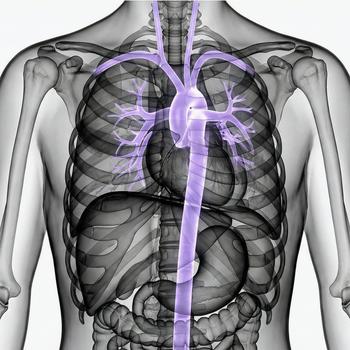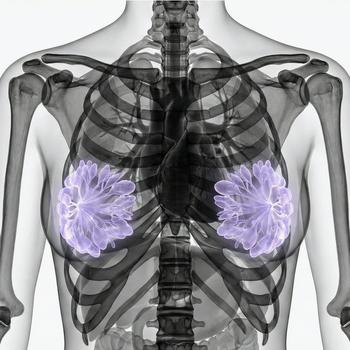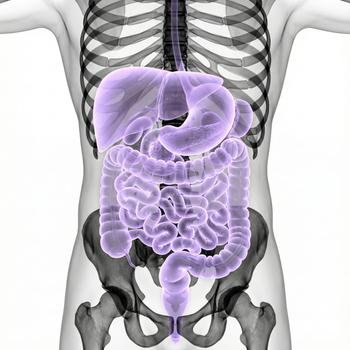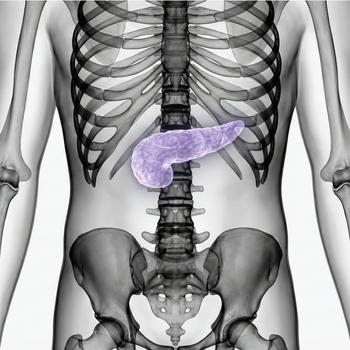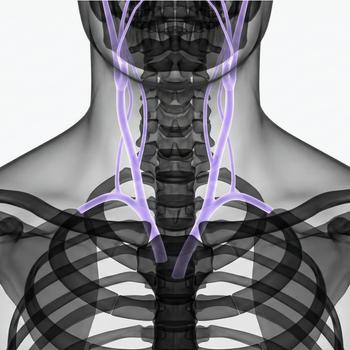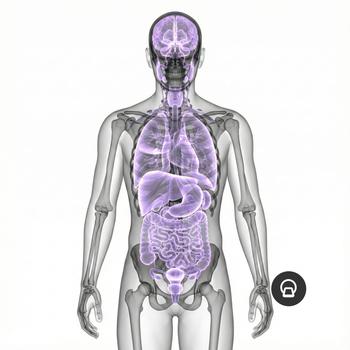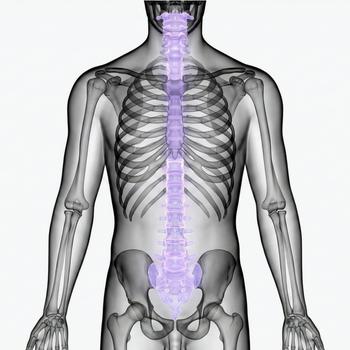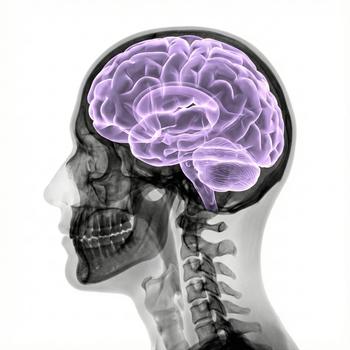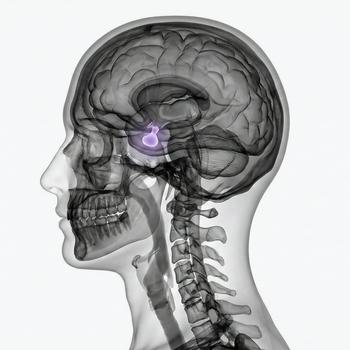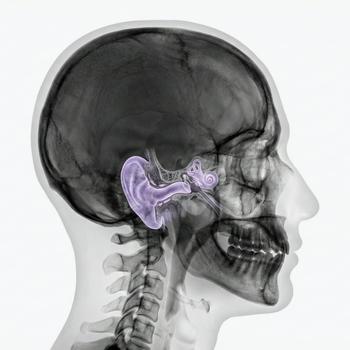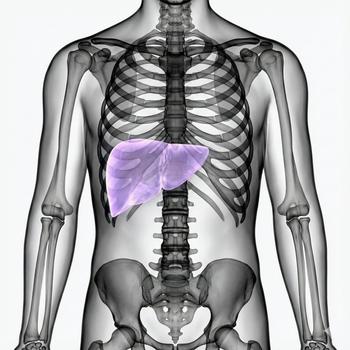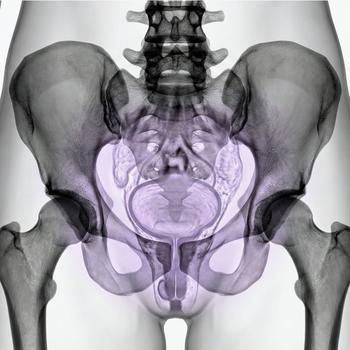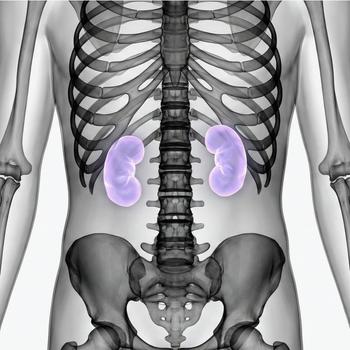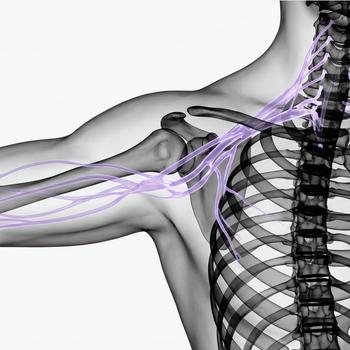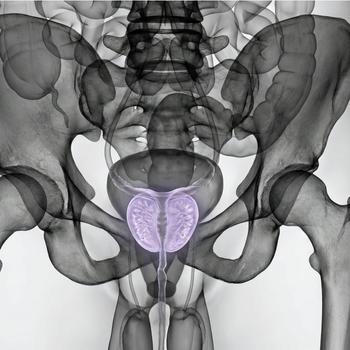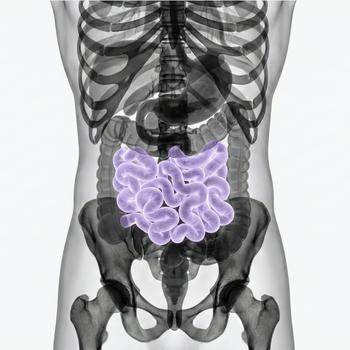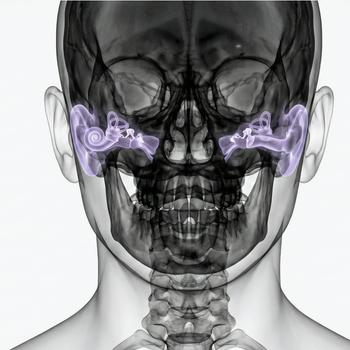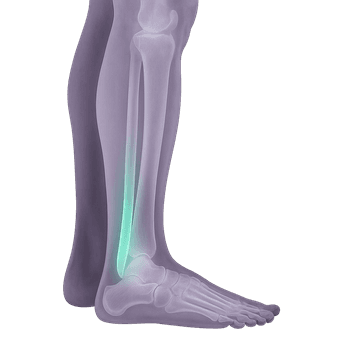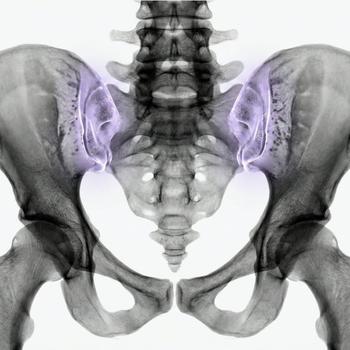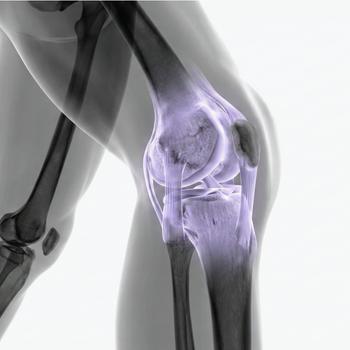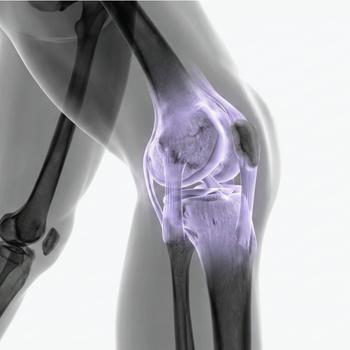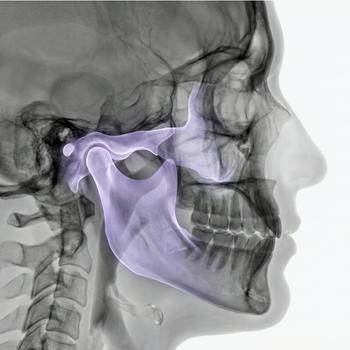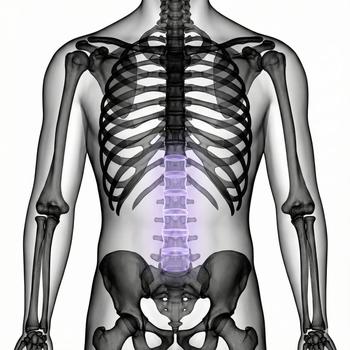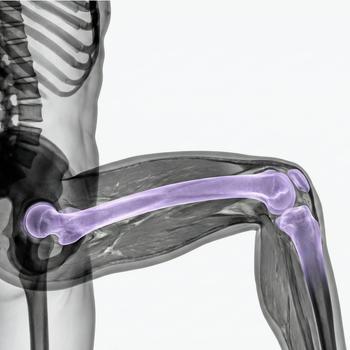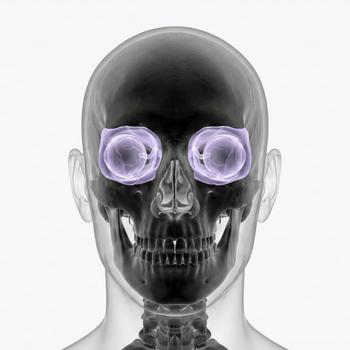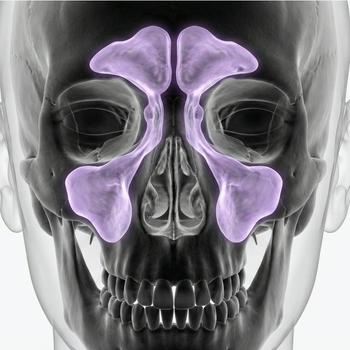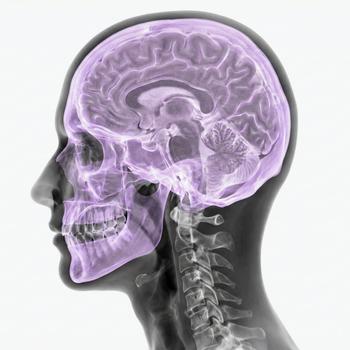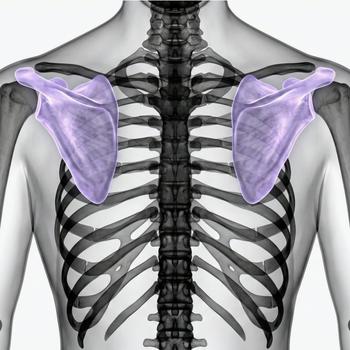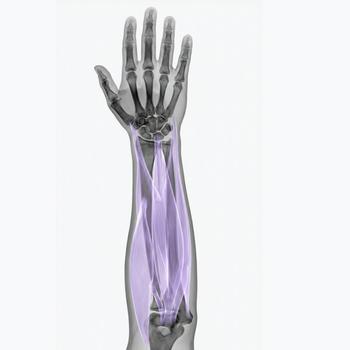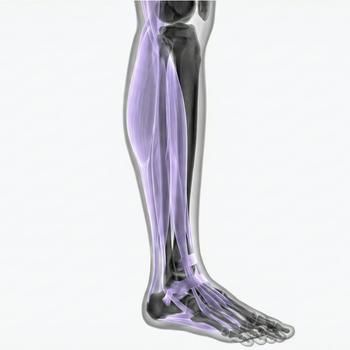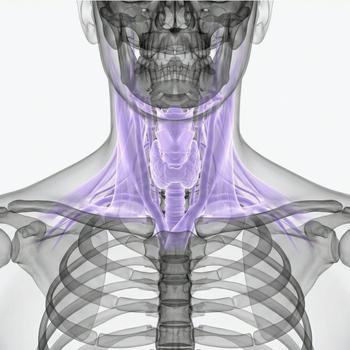MRI Upper Arm – Magnetic resonance imaging (MRI) for muscle, nerve, skeletal or tendon pain in the upper arm
The upper arm consists of the upper arm bone (humerus), surrounding muscles such as the biceps and triceps, and several nerves and blood vessels that pass through the area. An MRI of the upper arm provides a detailed image of both the skeleton and soft tissues and is a valuable tool for discovering the cause of long-term pain, swelling, suspected stress fracture or functional impairment in the arm.
A magnetic resonance imaging (MRI) is particularly useful when there is suspicion of tendon damage, nerve damage, muscle ruptures or changes in bone tissue. The examination can also detect subtle fractures or bone marrow damage that are not visible on regular X-rays. Because MRI does not use radiation, it is gentle and is also well suited for younger patients or for monitoring chronic conditions.
When is an MRI of the upper arm recommended?
MRI of the upper arm is used in cases where pain does not go away with rest or treatment, or when you want to examine structures that do not appear on conventional X-rays. It is an important part of the investigation when there is suspicion of tendonitis, nerve compression, soft tissue injury or skeletal changes after sports, accident or overexertion.
- Unclear origin of persistent pain in the upper arm
- Swelling, lumps or suspected soft tissue tumor
- Muscle weakness or restriction of movement
- Suspected ruptures in the biceps or triceps muscle
- Numbness or tingling in case of nerve damage
- Changes after trauma that are not visible on x-ray
- Suspected stress fracture or bone marrow damage
MRI is often used when the following conditions are suspected in the upper arm
- Muscle ruptures or tendon tears (e.g. biceps rupture)
- Tendinopathies – overuse injuries in muscle attachments
- Nerve compression, e.g. n. radialis or n. musculocutaneous
- Myositis – suspected muscle inflammation
- Hematoma or bleeding in soft tissues
- Ganglion, lipoma or other soft tissue tumors
- Stress fracture or other change in the upper arm bone (humerus)
- Bone marrow involvement, bone inflammation or tumor
Book an MRI of the upper arm – for a clear diagnosis without radiation
MRI of the upper arm is an accurate examination that helps to locate damage in both soft tissue and bone, which facilitates the correct treatment. The examination is painless, takes approximately 15–25 minutes and a referral is included in your order. The images are assessed by a licensed specialist and you will receive a written response within a few days.






















